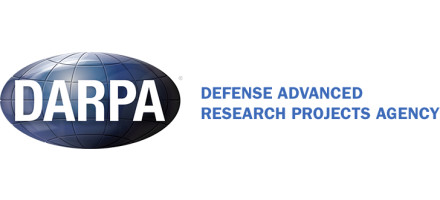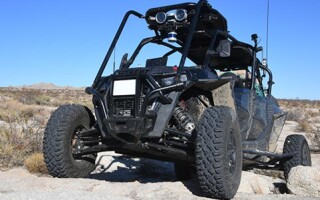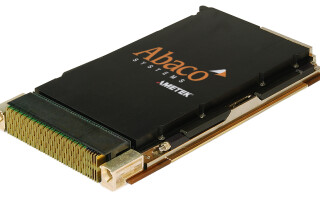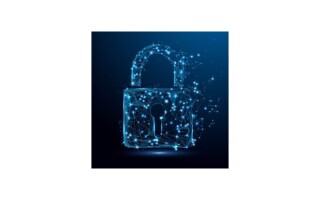Extending lifetime of quantum systems is the goal of new DARPA program
NewsJanuary 19, 2018

ARLINGTON, Va. DARPA?s Defense Sciences Office (DSO) announced the Driven and Nonequilibrium Quantum Systems (DRINQS) program, which aims to extend the lifetime of quantum systems and investigate a recent paradigm shift in quantum research that maintains that periodically driving a system out of equilibrium may stabilize its coherence.
“A simple illustration of the concept of driving something out of equilibrium to increase its stability is the well-known trick of making an inverted broom stand up on the palm of your hand or on one of your fingertips,” Ale Lukaszew, DARPA program manager, explains. “If you hold your hand still, the broom is unstable and will fall over quickly. But if you drive the broom out of equilibrium by moving your hand around periodically, you can make the broom very stable, so it remains upright indefinitely.”
States of quantum coherence are relatively short-lived because quantum particles are extremely sensitive to their surroundings and quickly become unstable, losing their predictable and readily measurable quantum properties due to even the slightest thermal variation or other disturbance in the environment.
“Atoms and subatomic particles in a quantum state do not always get along well with other particles and currently need special isolated environments where no thermal, electromagnetic, or other disturbance will cause them to lose their coherence,” Lukaszew says. “That’s why the world’s best atomic clocks for precision timing, which DARPA is pioneering in other programs, require special laboratory environments for isolating individual atoms from each other. This involves slowing atoms down by cooling them to near absolute zero temperature and creating with lasers a lattice structure in which the chilled atoms can rest quietly, unperturbed by their neighbors like eggs in a carton.”
“If we can introduce a periodic drive to enable particles to be packaged close together in small spaces at room temperature, while still retaining quantum coherence, we may be able to reproduce the performance of the best sensors, such as atomic clocks and magnetometers, in small and robust devices for military use,” Lukaszew adds.
The new program will build collaborative teams of theoreticians and experimentalists to address novel approaches for driving quantum systems made up of large numbers of particles. The teams will be tasked to develop novel protocols for stabilizing coherence in a driven system and demonstrate proof-of-principle concepts that achieve at least 10-fold, and possibly 100-fold, improvement over the standard limits of quantum coherence.
“One exciting potential application for extremely precise atomic-based time measurements is measuring gravitational fields, which could be very useful in tunnel and cave detection,” Lukaszew said. “In principle, existing atomic-clocks can keep time precisely enough to measure gravitational field differences over the distance of a few feet, but it could take weeks to process the measurement. If we can engineer a system that doesn’t lose its coherence as fast and can be re-tuned very quickly, we could potentially make those same measurements in half an hour.”
A webinar Proposers Day outlining the objectives of the Driven and Nonequilibrium Quantum Systems program in more technical detail will be held on February 1, 2018.
Pre-registration is required. For more information, visit here. DARPA officials say that a Broad Agency Announcement (BAA) solicitation is anticipated to be available prior to the webinar on the FedBizOpps website.






